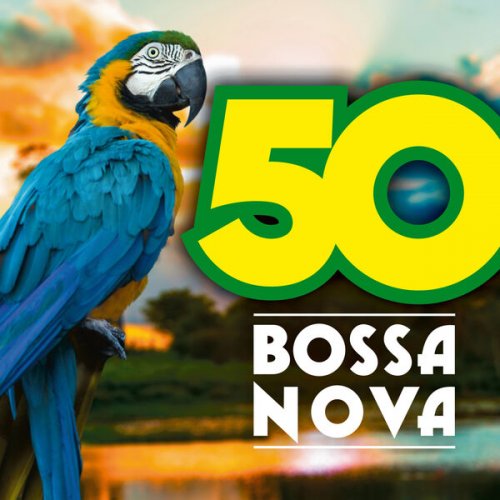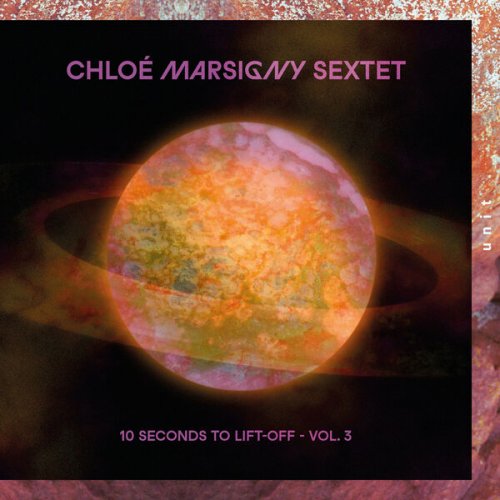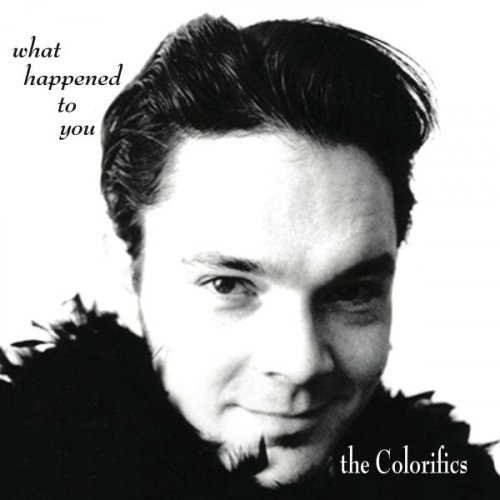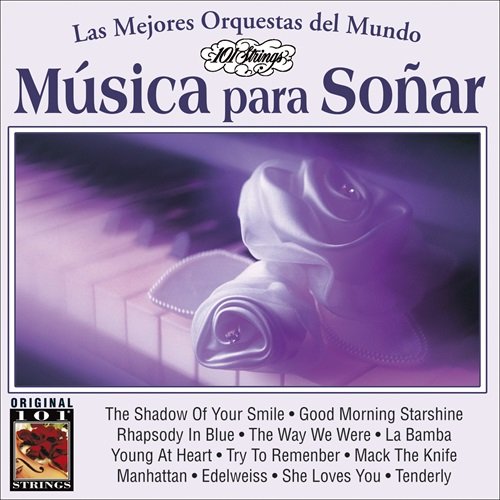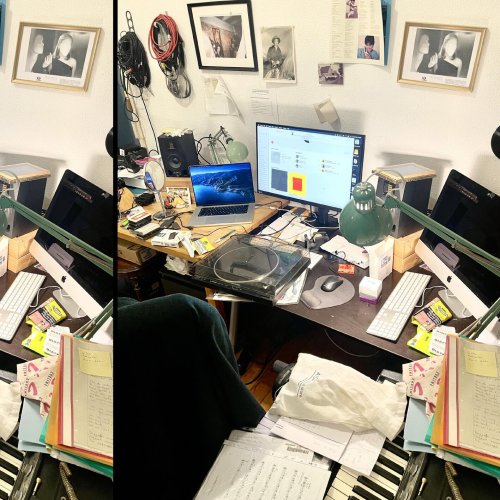Marvin Sease - Who's Got the Power (2008)
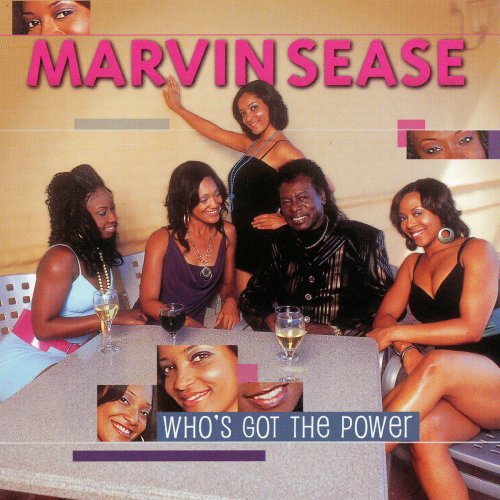
Artist: Marvin Sease
Title: Who's Got the Power
Year Of Release: 2008
Label: Malaco Records
Genre: Soul
Quality: flac lossless (tracks)
Total Time: 00:52:56
Total Size: 372 mb
WebSite: Album Preview
TracklistTitle: Who's Got the Power
Year Of Release: 2008
Label: Malaco Records
Genre: Soul
Quality: flac lossless (tracks)
Total Time: 00:52:56
Total Size: 372 mb
WebSite: Album Preview
01. The Power of Coochie
02. I'm Coming Home
03. Quiet As It's Kept
04. She's My Woman
05. I Love You
06. I Do Baby
07. My Dog Won't Bark
08. Gone On
09. Denying Our Love
10. I Can't Let You Go
11. I'll Take Care of You
12. Blues Town
Despite a lack of attention from most print sources and other common avenues of publicity in the blues world, Marvin Sease has turned his smooth, X-rated ladies’ man persona into a cottage industry complete with merchandising in the Deep South. Sease straddles the line between blues and gospel-drenched soul, much like fellow Southern singers Johnnie Taylor and Tyrone Davis, but his often racy lyrics and concert performances, coupled with the advantages of major-label distribution, have ensured Sease a strong following, particularly among female fans enamored of his signature song and breakthrough jukebox hit, the provocative, innuendo-laced “Candy Licker.”
Born on February 16, 1946 in Blackville, South Carolina, Sease got his start by joining a gospel group in nearby Charleston called the Five Gospel Singers, and moved to New York at age 20, where he joined another gospel group called the Gospel Crowns. Preferring R&B, though, Sease put together a backing band (called Sease) featuring his three brothers. When this venture failed, Sease began singing to pre-recorded backing tracks at local dances and clubs, self-released several 45s, and eventually scored a regular gig at a Brooklyn nightspot called the Casablanca.
Gunning for greater success, Sease recorded a self-titled LP in 1986 featuring one of his most popular songs, “Ghetto Man,” and began working the South’s so-called chitlin circuit of ghetto bars, rural juke joints, and blues festivals.
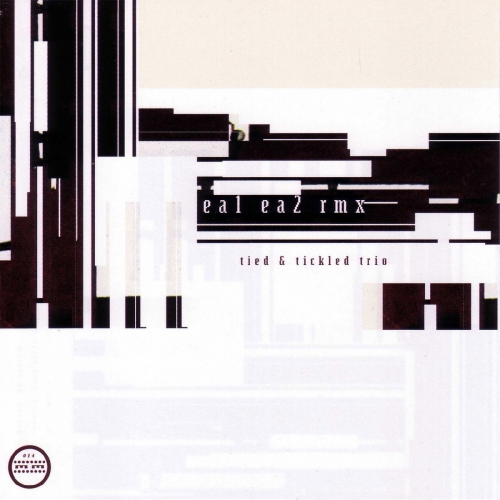
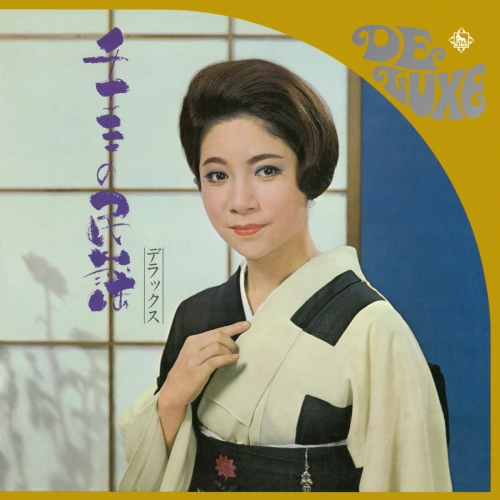
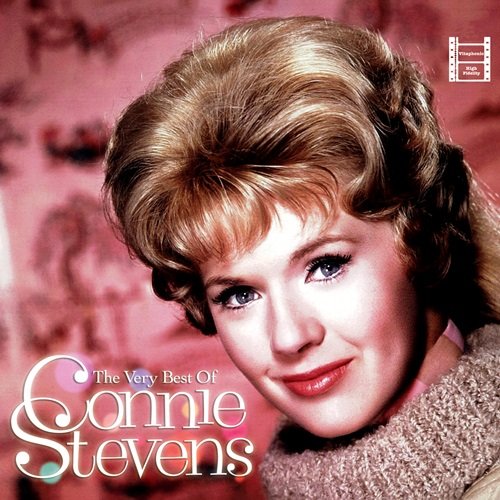
![Ex Novo Ensemble - Claudio Ambrosini: Chamber Music (2020) [Hi-Res] Ex Novo Ensemble - Claudio Ambrosini: Chamber Music (2020) [Hi-Res]](https://img.israbox.com/img/2026-02/22/z541qb9ul4q390uxlw1d9iak3.jpg)
